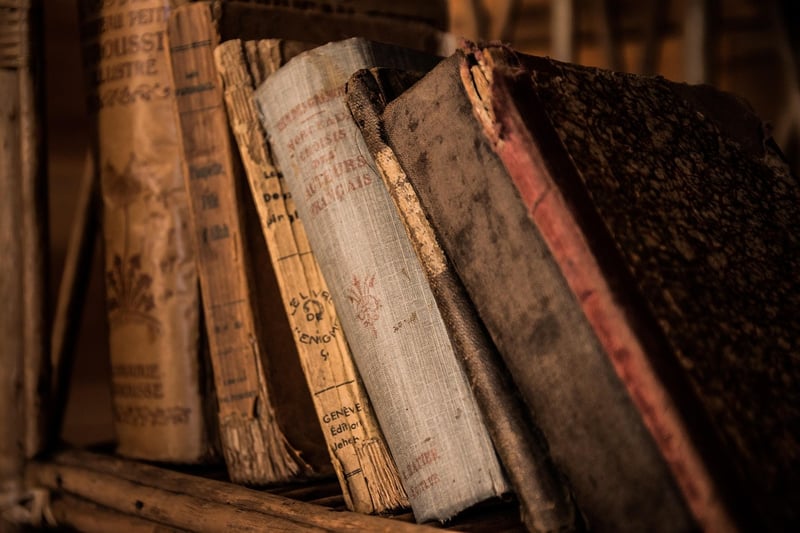Historical Revisions
Dive into the Annals of History: Exploring Historical Revisions
History is a tapestry woven with the threads of time, constantly evolving as new discoveries and interpretations shed light on the past. Exploring historical revisions allows us to delve deeper into the complexities of our shared human experience and challenge the narratives that have shaped our understanding of the world.
The Importance of Historical Revisions
Historical revisions play a crucial role in our quest for truth and understanding. By reexamining primary sources, questioning established beliefs, and considering multiple perspectives, historians can uncover previously overlooked events, voices, and contexts that provide a more nuanced view of the past.
Challenges and Controversies
While historical revisions offer valuable insights, they also come with challenges and controversies. Revising established historical narratives can spark debates, confrontations, and resistance from those invested in preserving traditional interpretations. Navigating these complexities requires a delicate balance of scholarly rigor, empathy, and open-mindedness.
Examples of Historical Revisions
One notable example of historical revision is the reinterpretation of the role of women in various historical events. By highlighting the contributions and experiences of women who were previously marginalized or ignored in traditional accounts, historians have enriched our understanding of the past and challenged gender stereotypes.
Another example is the reevaluation of colonial histories from the perspectives of indigenous peoples. By centering indigenous voices and experiences, historians have exposed the brutal realities of colonization and its enduring impact on indigenous communities, offering a more comprehensive and empathetic view of this dark chapter in history.
Embracing Complexity and Uncertainty
Historical revisions remind us that history is not a fixed narrative but a dynamic and evolving dialogue between the past and the present. Embracing the complexity and uncertainty of historical interpretations allows us to engage with history in a more critical, empathetic, and inclusive manner.
Conclusion
Exploring historical revisions is a journey of discovery, reflection, and growth. By challenging conventional wisdom, confronting uncomfortable truths, and embracing diverse perspectives, we enrich our understanding of the past and pave the way for a more enlightened future.

Join us on this fascinating exploration of historical revisions as we unravel the layers of the past to reveal new insights and perspectives that shape our understanding of who we are and where we come from.
Further reading: History.com - Historical Revisionism
